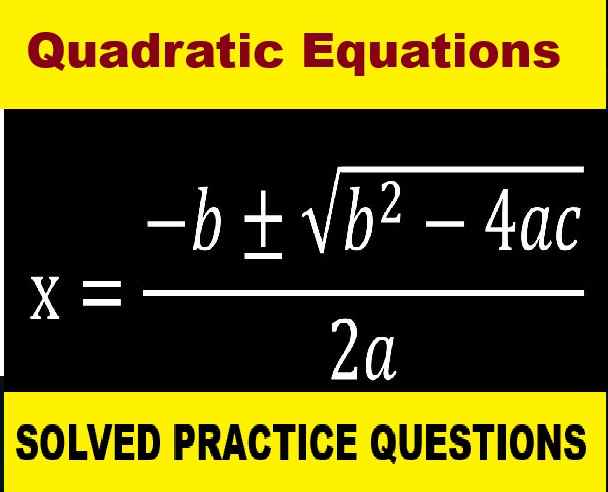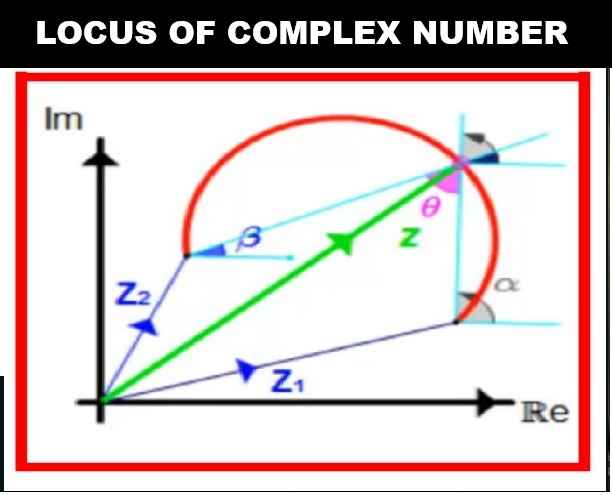Limits and Derivatives ISC Class-11 Maths ML Aggarwal Solutions Chapter-13. Step by step Solutions of ML Aggarwal ISC Class-11 Mathematics with Exe-1, Exe-2, Exe-3 Exe-4, Exe-5, Exe-6, and Chapter Test Questions. Visit official Website CISCE for detail information about ISC Board Class-11 Mathematics.
Limits and Derivatives ISC Class-11 Maths ML Aggarwal Solutions Ch-13
| Board | ISC |
| Class | 11 |
| Subject | Mathematics |
| Chapter-13 | Limits and Derivatives |
| Session | 2024-25 |
| Topics | Solutions of ML Aggarwal |
Limits and Derivatives
A limit of a function f(x) is defined as a value, where the function reaches as the limit reaches some value. Limits are used to define integration, integral calculus and continuity of the function
A derivative is defined as the rate of change of a function or quantity with respect to others.
Left Hand and Right-Hand Limits
If values of the function at the point which are very near to a on the left tends to a definite unique number as x tends to a, then the unique number so obtained is called the left-hand limit of f(x) at x = a
Exe-13.1
Limits and Derivatives ISC Class-11 Maths Solutions Chapter-13
Exe-13.2
ML Aggarwal Class-11 Maths Understanding Ch-13
Exe-13.3
Class-11 Maths Understanding Ch-13
Exe-13.4
ML Aggarwal Limits and Derivatives
Exe-13.5
Limits and Derivatives ISC Class-11 Maths Understanding Ch-13
Exe-13.6
ML Aggarwal ISC Class-11 Maths Understanding Ch-13
Ch-Test
ISC Class-11 Maths Understanding Ch-13
-: End of Limits and Derivatives ISC Class-11 Maths ML Aggarwal Solutions :-
Return to :- ML Aggrawal ISC Class-11 Vol-2 Maths Solutions
Thanks
Please share with your friends



They are the best solution for the all isc ml aggarwal
Thanks for comment
encourage us time to time for more and more resources
thanks
team icse help
Not showing solutions
it will be upload it before sem-1 start if in syllabus
Not showing the solutions pls fix it
now showing
Questions
Please
Explain your comment “Questions”
How can we help you and what/which topic you request
please again comment with more description about your problems
We sure try to Solve it
thanks
Team icsehelp
Not showing solutions
will be upload it before sem-1 start if in syllabus
Sem 1 has started :/
completed now
Not working now
now full chapter PDF showing/ working
please visit again for analysis
not showing solutions
available
it’s not showing
wait will be upload it before sem-1 start if in syllabus
Not showing solutions
very soon will be upload it before sem-1 start if in syllabus
solutions not available? why? get them avialable as soon asap
please wait , will be upload it before sem-1 start if in syllabus
Why it is not showing
now full chapter showing now please visit again
why the solutions are not available?
full chapter showing now
Sir solutions provided aren’t opening kindly please check the problem.
full chapter showing now
Sir solutions aren’t opening kindly check the problem.
now full chapter uploaded
Can you please upload limits and derivatives
yes , will be upload it before sem-1 start if in syllabus
please upload limits and derivatives
All chapter PDF solutions showing / working completely
please visit again for analysis
Why the solutions of limits and derivatives not available here
now showing
Solution are not there..!😟
now full chapter PDF showing/ working
please visit again for analysis
Solutions are not showing
will be upload it before sem-1 start if in syllabus
Solutions are not showing up please upload them asap an urgent request
All chapter PDF solutions showing / working completely
please visit again for analysis
Volume 2 solution not available
now full chapter PDF with vol 2 showing/ working
please visit again for analysis
please upload the answers for limits chapter
now full chapter PDF showing/ working
please visit again for analysis
Hey the solutions are not showing
Please look over into this
now completed
Ex 13.2 Q 9 (ii), It’ll be 16x^2 and 4x^2 in place of 16x and 4x
all are fully working now